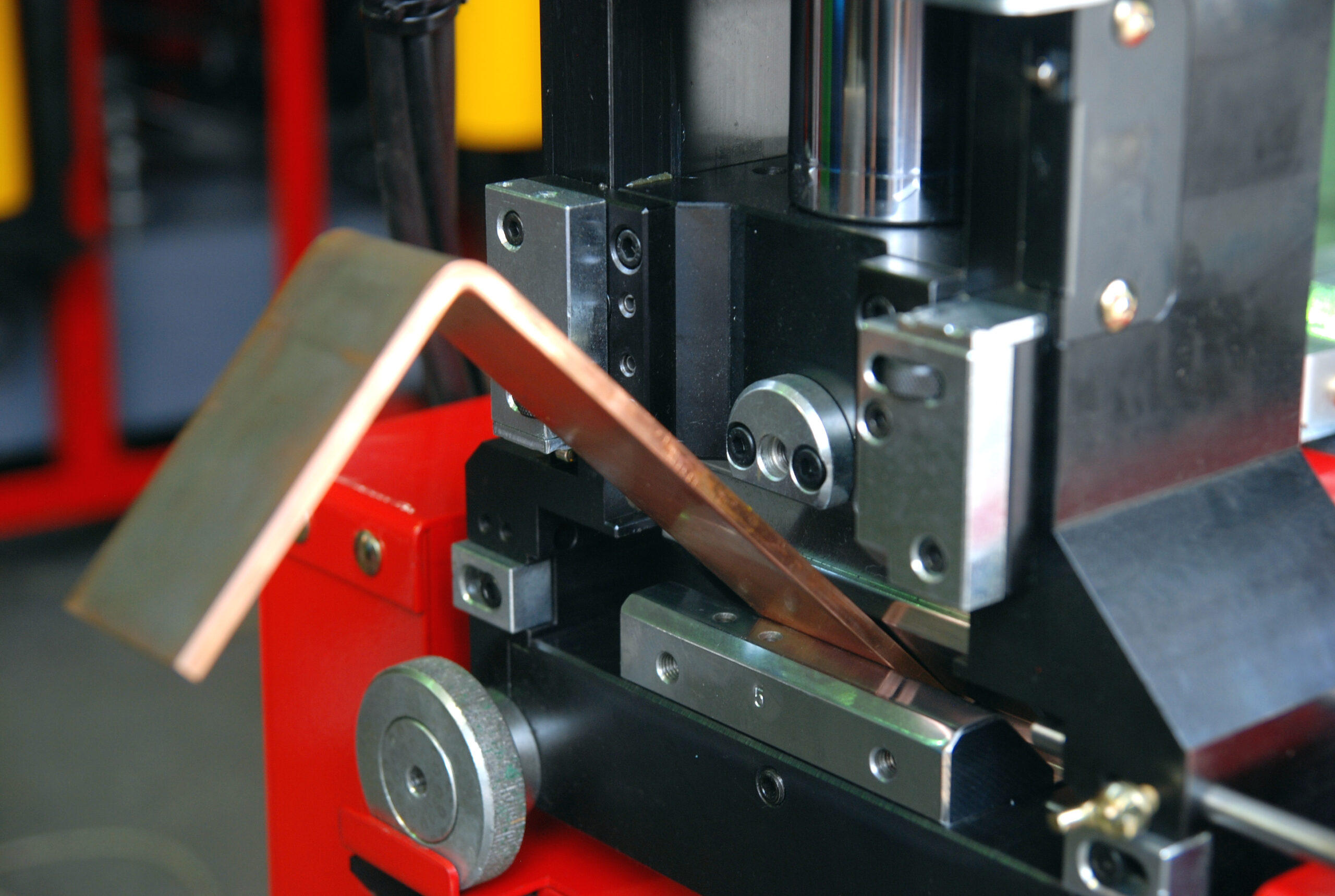
In the ever-evolving landscape of technology, busbar machine have emerged as the unsung heroes, transforming industries and reshaping our daily lives. From manufacturing and healthcare to finance and agriculture, machines, and their intricate networks, have paved the way for unprecedented advancements and efficiencies. In this article, we delve into the profound impact of machines, exploring their key roles in our modern world.
Machines have played an instrumental role in revolutionizing manufacturing processes. With the advent of automation and robotics, factories have become more efficient, producing goods faster and with higher precision. These machines are programmed to perform repetitive tasks tirelessly, reducing the margin for human error. The result? Enhanced productivity, lower costs, and improved product quality. Industries like automotive and electronics have particularly benefited from this automation revolution.
Healthcare, too, has witnessed a profound transformation due to machines. From diagnostic imaging devices like MRI and CT scanners to robotic surgery systems, machines have elevated the accuracy and efficacy of medical procedures. These technological marvels not only aid doctors in diagnosing and treating diseases but also improve patient outcomes. Telemedicine platforms have further expanded access to healthcare services, connecting patients with healthcare professionals from the comfort of their homes, thanks to machines.
Finance and banking are other domains where machines have left an indelible mark. Algorithmic trading systems can execute millions of transactions in seconds, optimizing investment strategies and reducing financial risks. Machine learning algorithms are employed to detect fraudulent activities, safeguarding both customers and institutions. The convenience of ATMs and online banking services has also been made possible by machines, simplifying financial transactions for people worldwide.
In agriculture, precision farming powered by machines has revolutionized food production. Automated tractors, drones, and sensors are used to monitor crop health, optimize irrigation, and manage resources efficiently. This not only boosts agricultural yields but also reduces the environmental footprint of farming practices. In a world facing food security challenges, machines have become essential tools in ensuring sustainable and efficient food production.